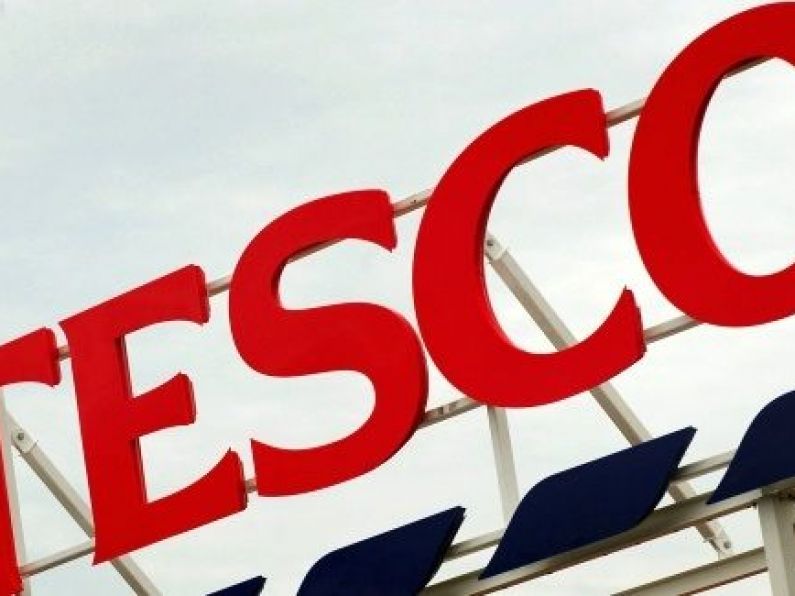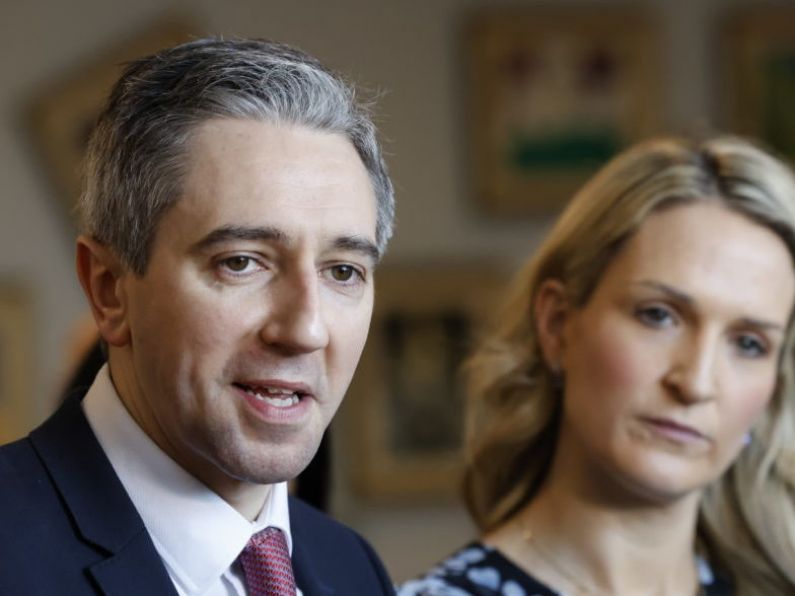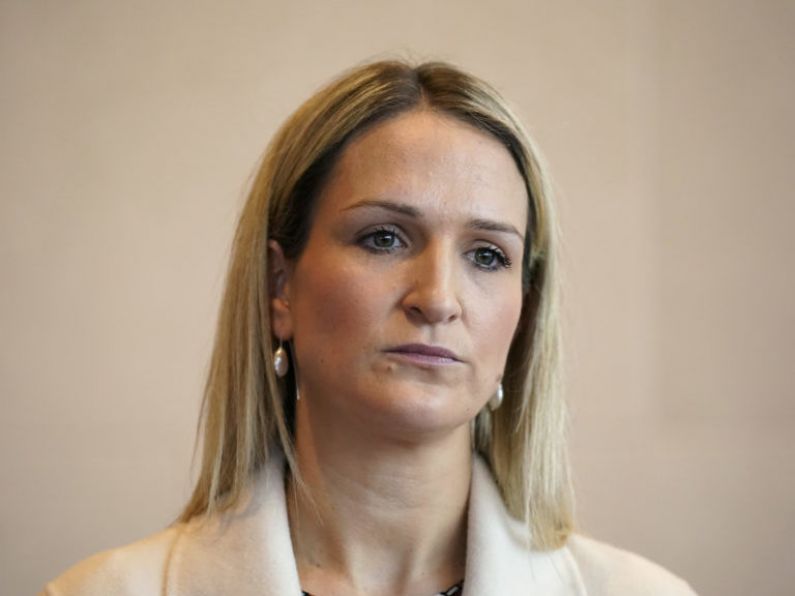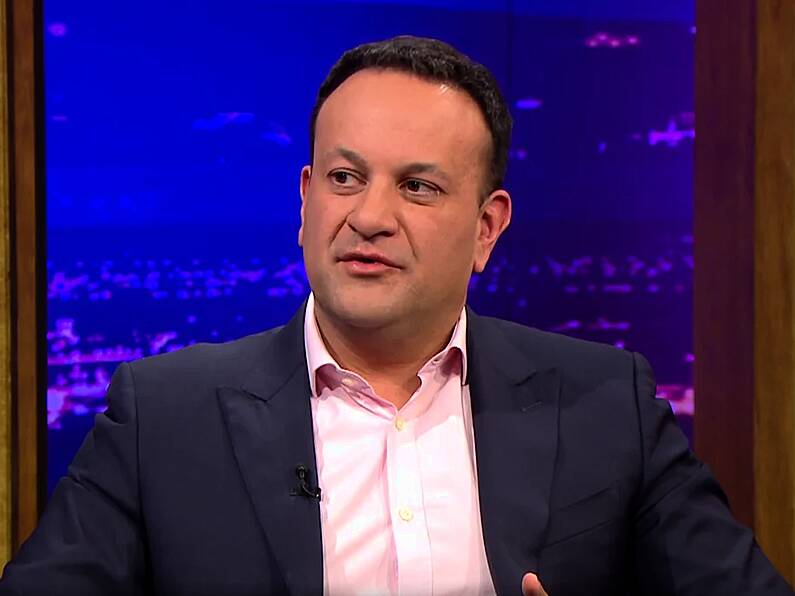Tesco Ireland has said sales over the extended Christmas period were flat suggesting that the third largest supermarket in Ireland may have struggled to hold onto market share.
It comes as Aldi in Ireland hailed a 10% upswing at its 137 stores in its Christmas week sales from a year earlier, but gave few other details.
The release of the announcement suggests that the German retailer gained market share on some of its bigger rivals in the key trading period.
However, the full picture on how the big five grocers in Ireland fared will be revealed when industry-wide figures are released next week. The chains include Dunnes Stores, SuperValu, and Lidl.
In its trading update to the stock market, Tesco said: “Like-for-like sales in the Republic of Ireland were flat over the 19-week period, against a strong performance last year.
“In a more competitive market, driven by increased couponing activity, customers responded well to our Christmas offer with positive volumes across key fresh categories.”
In the run-up to Christmas, Dunnes was the largest grocer by the value of sales in the Republic, ahead of SuperValu, Tesco, Aldi, and Lidl, figures from market researcher Kantar Worldpanel last month showed.
In the UK, like-for-like sales at Tesco rose 1.2% in the 19-week period that covers the key Christmas trading weeks. Growth at Booker, the foods firm which Tesco acquired last year, helped boost overall sales.
Tesco shares were up 1.5% in the latest session to mark a 3% gain over the last 52 weeks. The shares were once a key staple on Irish pension funds.
UK retailing has been under intense pressure for some time from online rivals. Those pressures have intensified with the rise in prices in the UK following the slump in the value of sterling in the wake of the UK’s Brexit referendum in June 2016.
A slew of updates from British retailers suggests they suffered their worst Christmas since the depths of the financial crisis a decade ago.
Many of the updates only gave commentary on sales and not on margins.
Department store John Lewis and Debenhams did slash prices to shift stock. “There’s no doubt that there was significantly more promotional activity in the market, a combination of consumer confidence and the travails in the marketplace as a whole,” said Paula Nickolds, managing director of John Lewis stores.
Investors were also relieved that Marks & Spencer had held its nerve and not cut prices, even though sales fell. Its shares eased 1% for a drop of 9.5% in the last 52 weeks.
The general message was that the going was tough.
Debenhams chief executive Sergio Bucher said the UK’s second-biggest department store group would have to find €11m of cost cuts to protect its profits after slashing prices.
It is closing 50 stores.
Once selling fabrics, bonnets and gloves during the Victorian era, the 241-year-old group is now fighting for its survival to avoid the fate of collapsed rival BHS and House of Fraser, which was rescued by Sports Direct-owner Mike Ashley.
Halfords, which sells bicycle and car accessories, was one of the worst hit in the UK after its customers refused to spend on expensive items, forcing it to lower prices and cut its profit target.
Its shares slumped 20% yesterday.
Additional reporting Reuters






